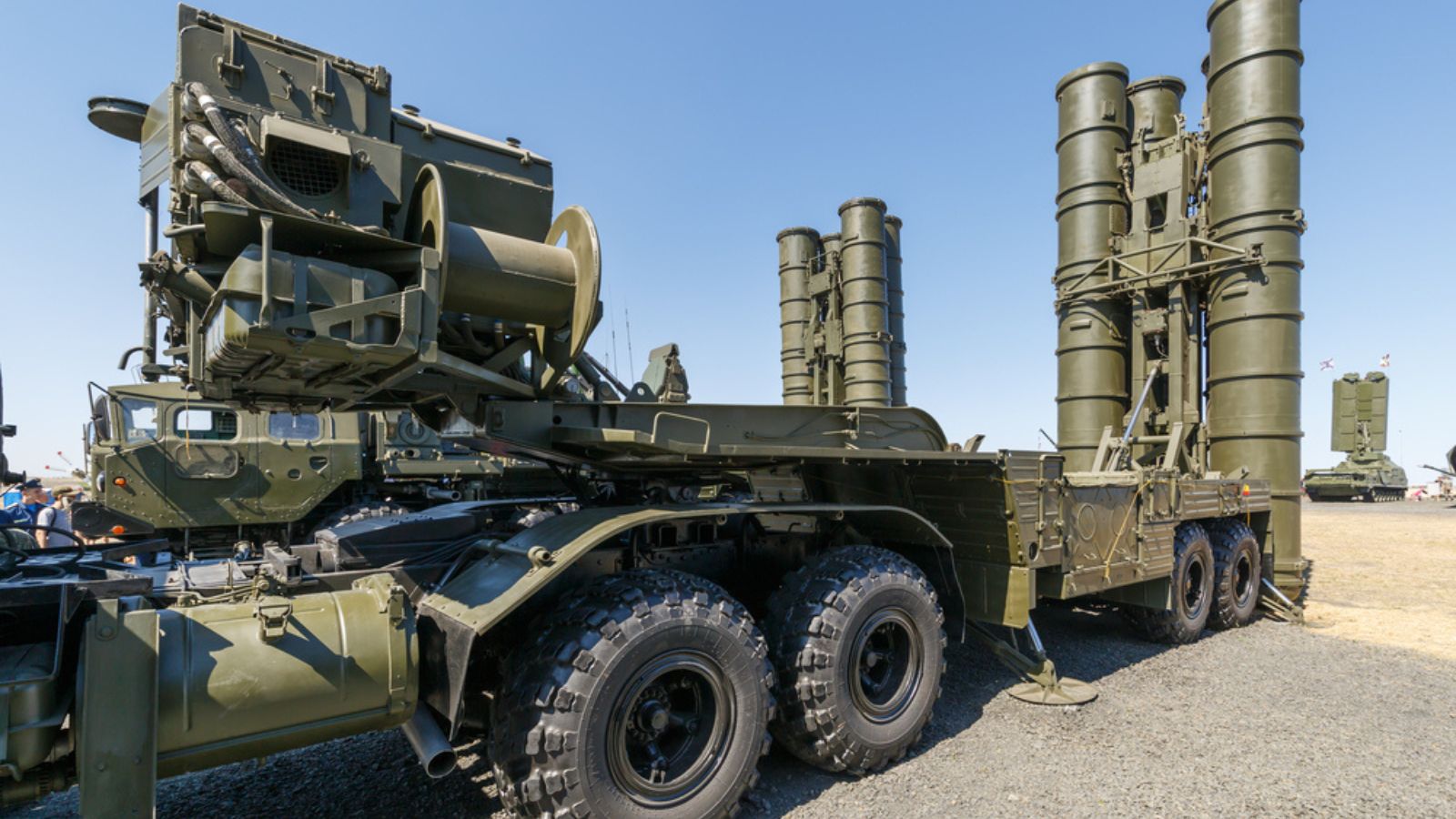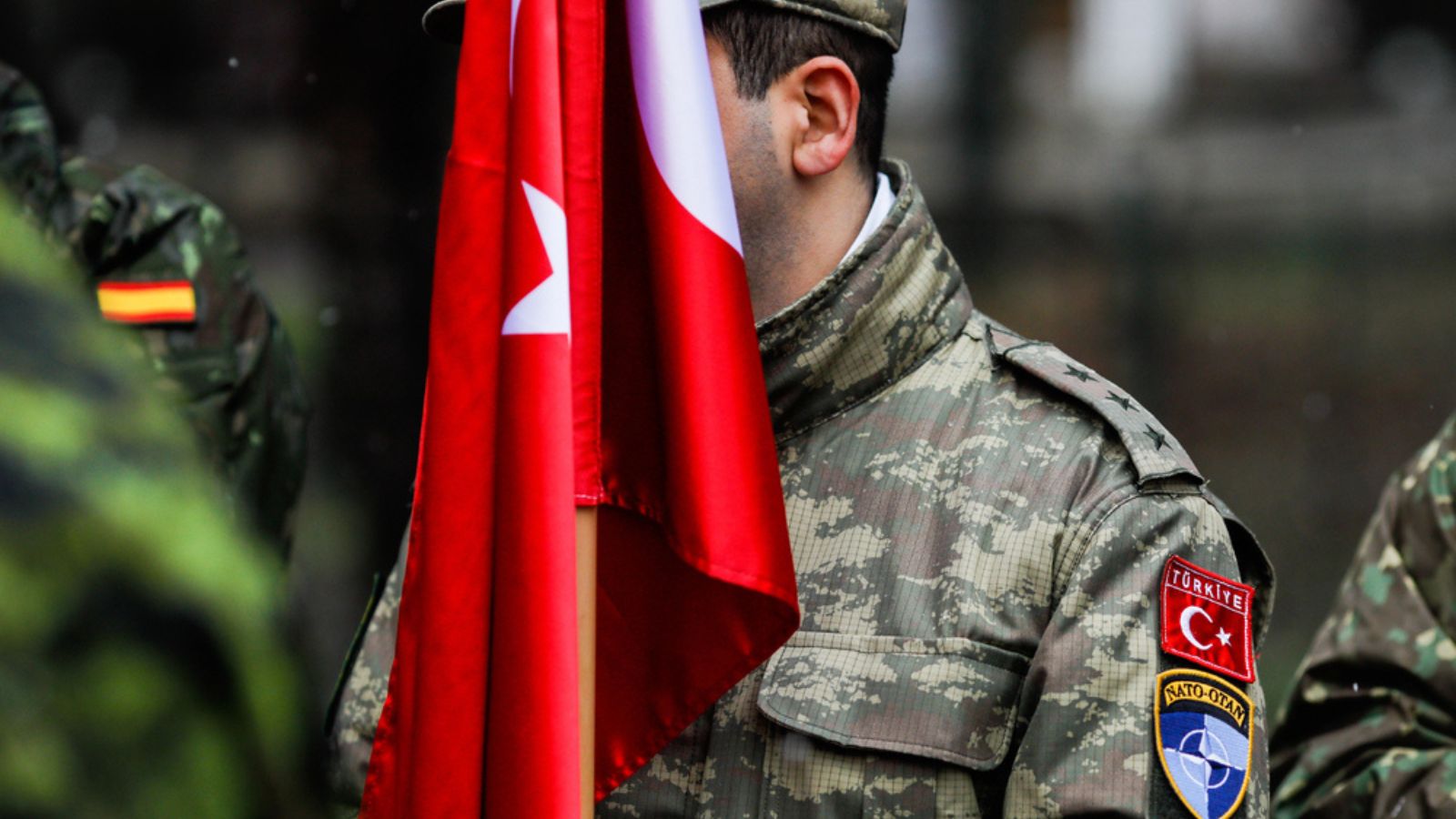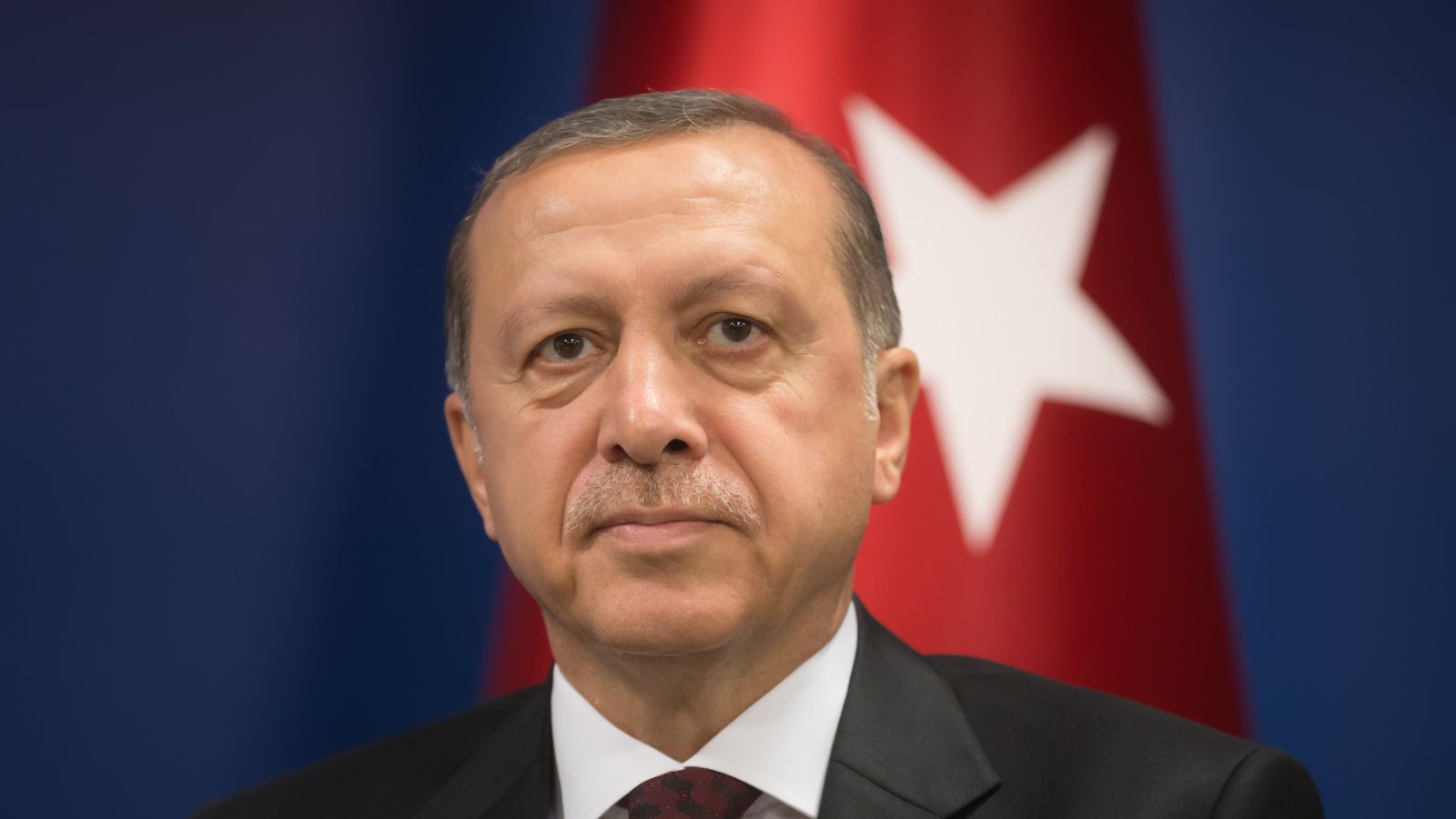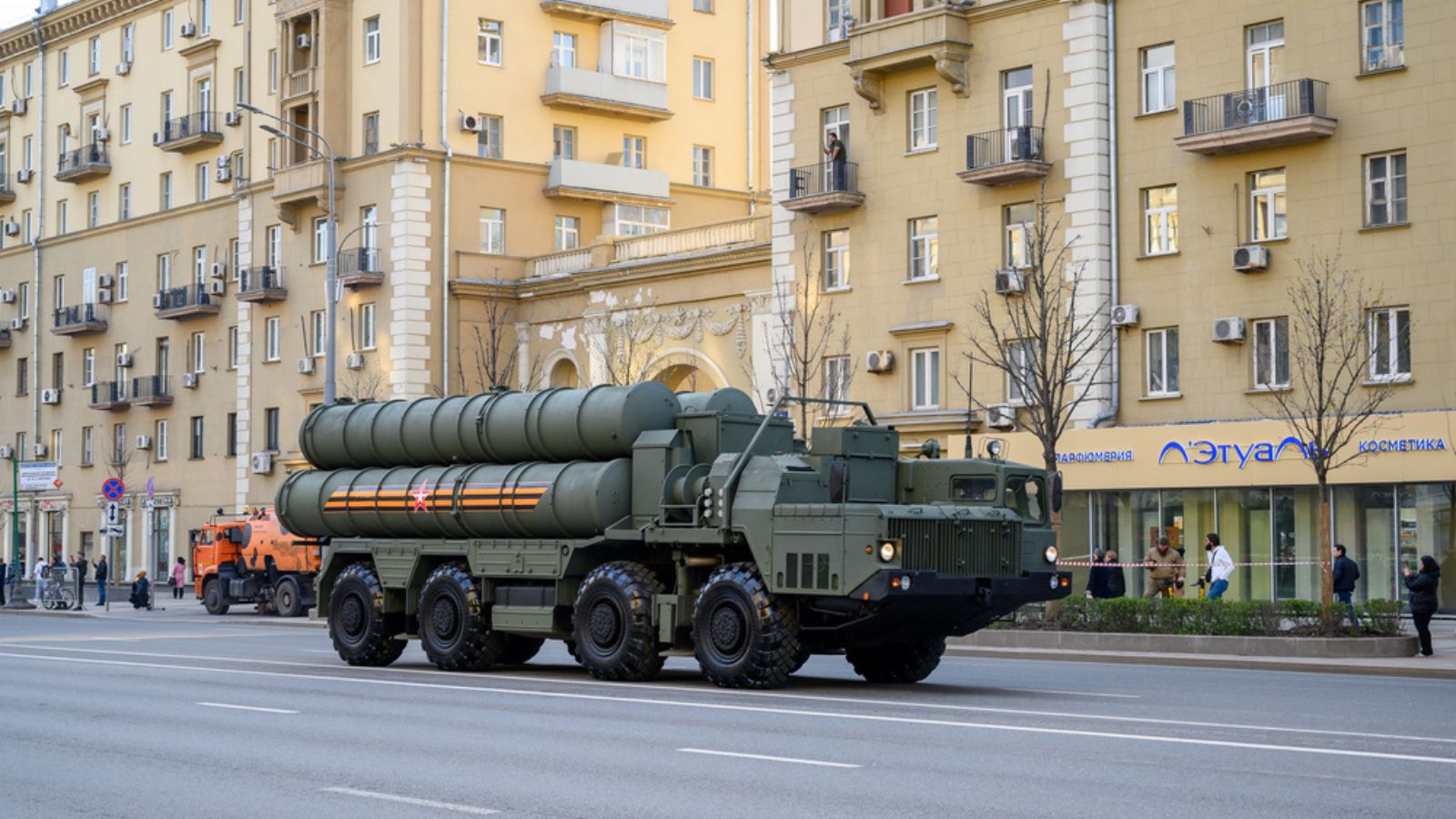Turkey is reportedly considering deploying its Russian S-400 Triumf air defenses along the Iraqi border for a planned military offensive against the Kurdistan Workers’ Party (PKK) in Iraqi Kurdistan.
This potential deployment would mark the first operational use of the system since its controversial acquisition in 2019, which drew widespread criticism from Western allies.
The decision to potentially activate the S-400 system comes as Turkey prepares for its summer offensive, aiming to counter threats not only from the PKK but also from regional tensions involving Iran.
The system, capable of intercepting cruise and ballistic missiles, may be a strategic asset given the recent escalations in missile attacks by Iran, particularly against Israel.
Read More: Trump Seems To Hold Israel Responsible for Rise in Anti-Semitism

Turkey’s acquisition of the S-400 from Russia for an estimated $2.5 billion has had significant financial repercussions beyond the purchase price, particularly affecting Turkey’s participation in the F-35 program from which it was excluded by the U.S. due to security concerns.
The exclusion also impacted potential earnings from manufacturing parts for the F-35’s global supply chain, estimated at over $9 billion.
Despite these costs, Turkey has not previously activated the S-400 system, heeding warnings from the U.S. about potential consequences.
However, the changing security dynamics in the region, including recent missile attacks and the ongoing conflict with the PKK, have prompted a reassessment of its strategic defenses.
Also Read: Trump Blasts Sen. Graham for Disagreeing With Him in Clash Over Abortion Policies

Experts like Ali Bakir from Qatar University and Suleyman Ozeren from the American University suggest that the deployment could be aimed at protecting Turkish forces in Northern Iraq, especially given the increasing missile threats from Iran.
The deployment could also be intended to demonstrate Turkey’s continued military cooperation with Russia, while simultaneously sending a strategic message to Western allies about Turkey’s defense autonomy.
The move, however, could further complicate Turkey’s relationship with NATO and the United States.
The U.S. has been clear in its stance that Turkey’s possession of the S-400 poses a threat to the integrity of shared air-defense capabilities within the alliance.
Read Next: President Zelenskyy Says Ukraine Ran Out of Missiles To Defend Trypillia Thermal Power Plant

This tension was underscored by then-Acting Deputy Secretary of State Victoria Nuland, who indicated that Turkey’s readmission to the F-35 program could be reconsidered if it resolved the S-400 issue.
The debate over the S-400 deployment highlights the broader strategic challenges facing Turkey as it navigates complex regional dynamics and its relationships with both Western allies and Russia.
The decision reflects the ongoing balancing act by the Turkish government under the leadership of President Recep Tayyip Erdogan and his party, which have defended the S-400 purchase as a sovereign defense decision despite international criticism.
As the situation develops, the international community will closely monitor Turkey’s actions, which could have significant implications for regional security and Turkey’s future diplomatic relations.


 Tags:
Tags:










